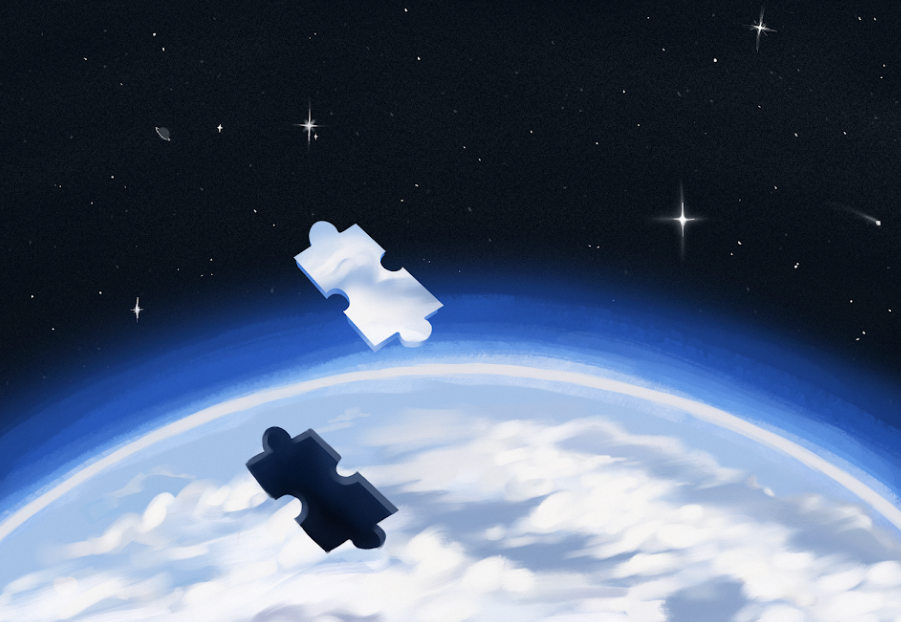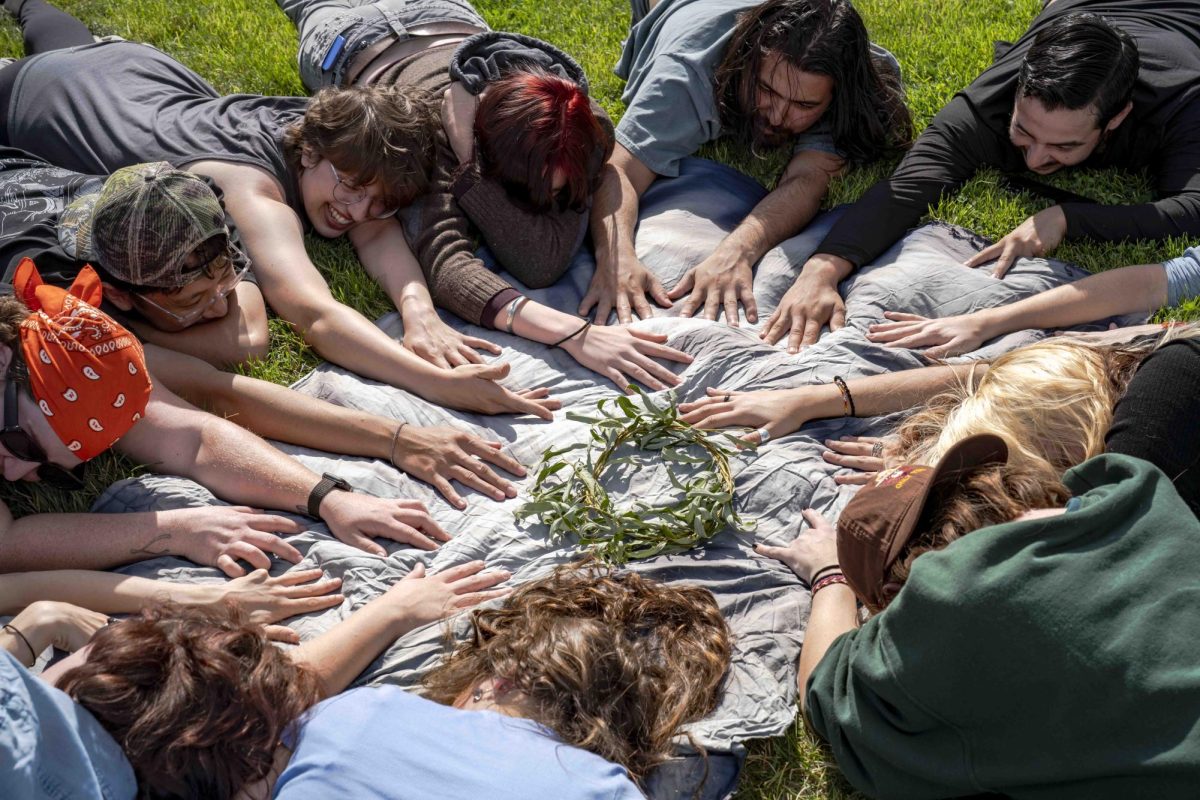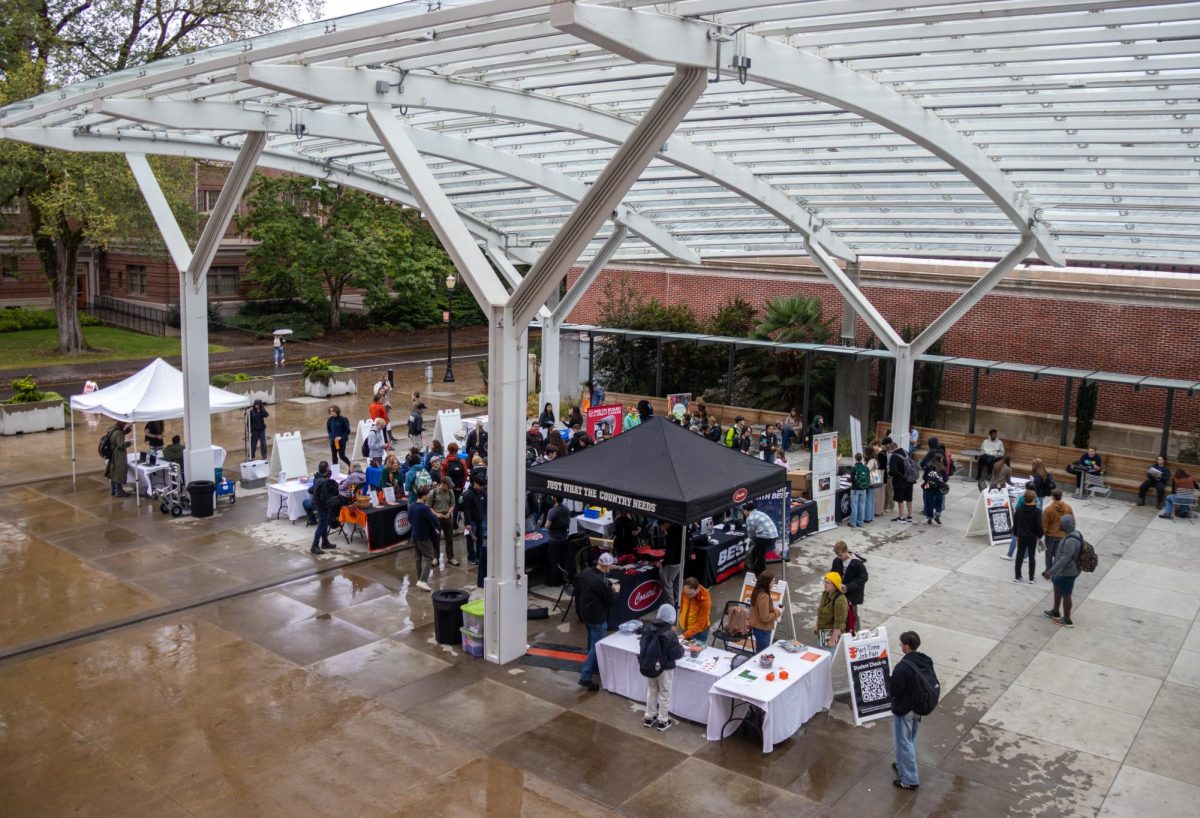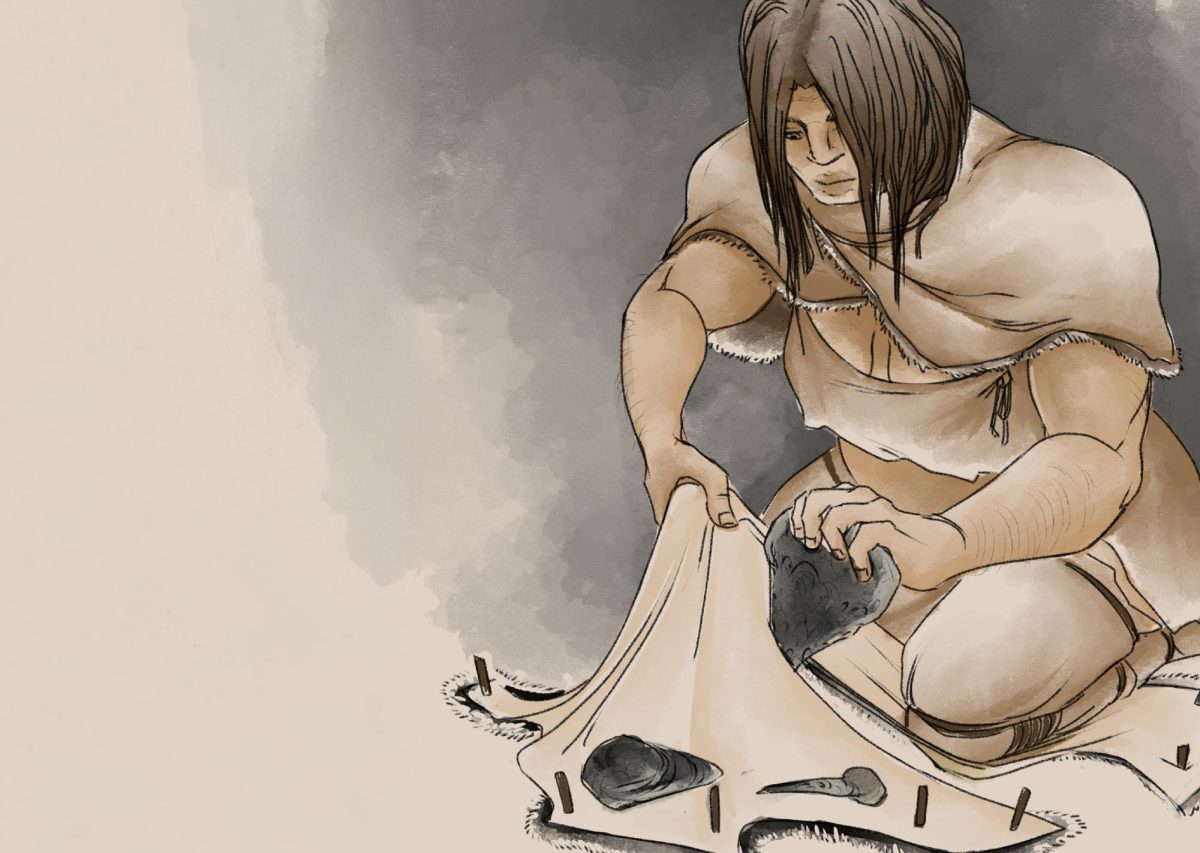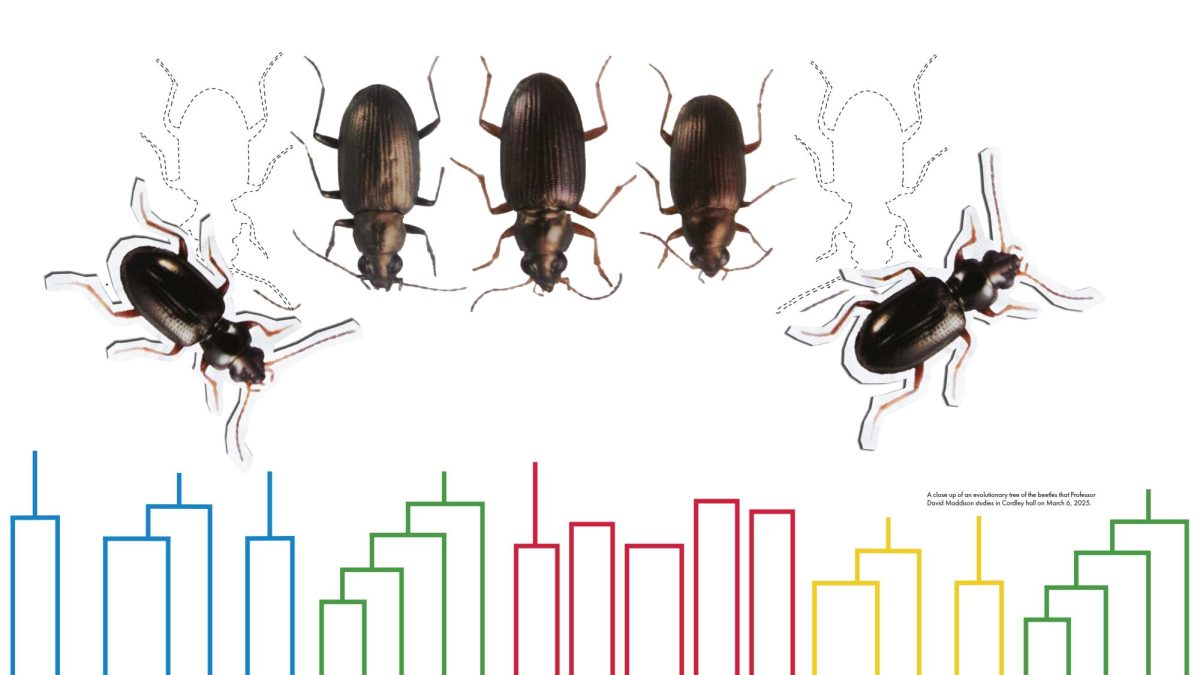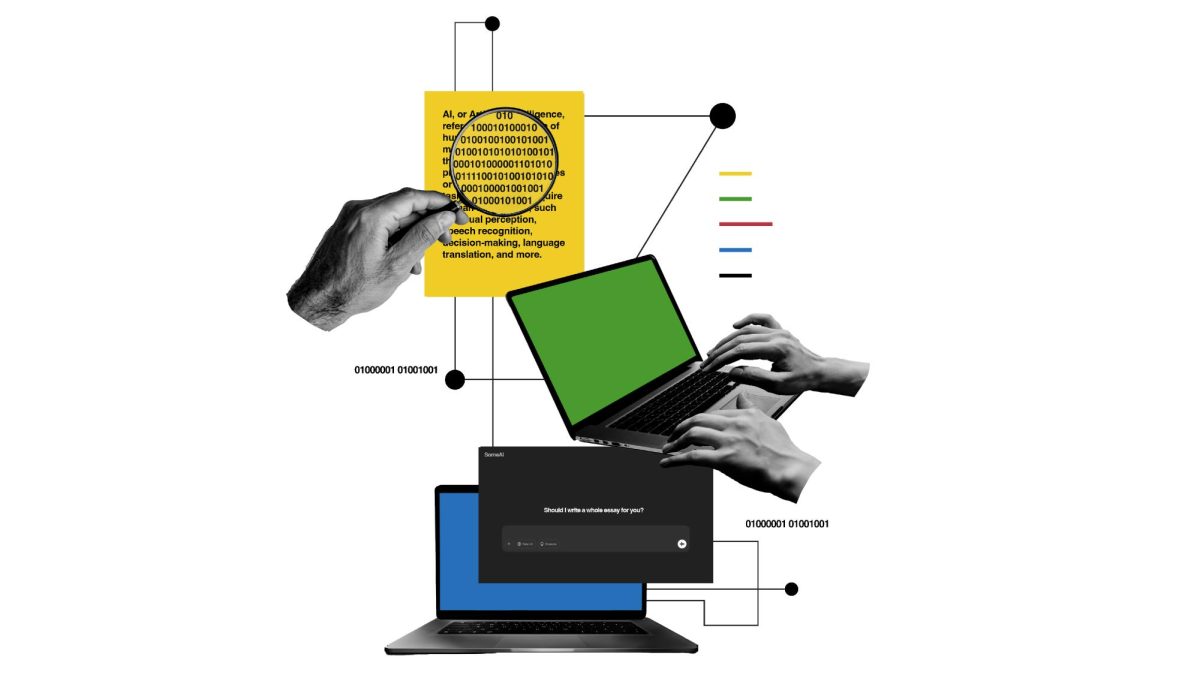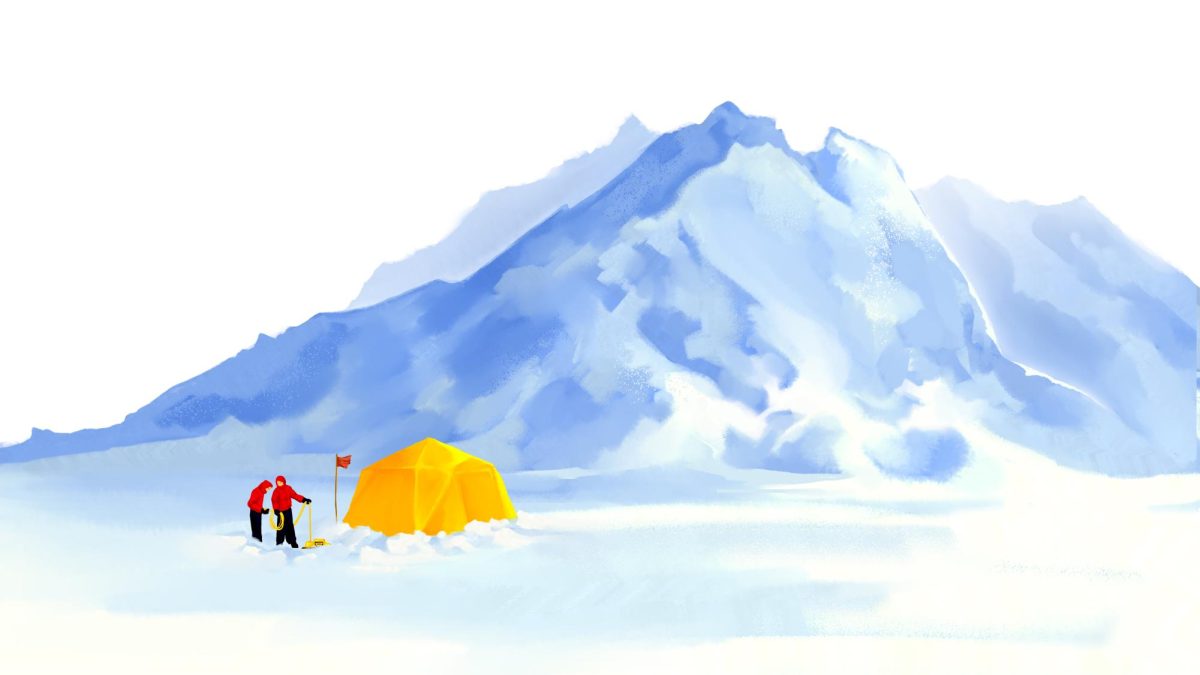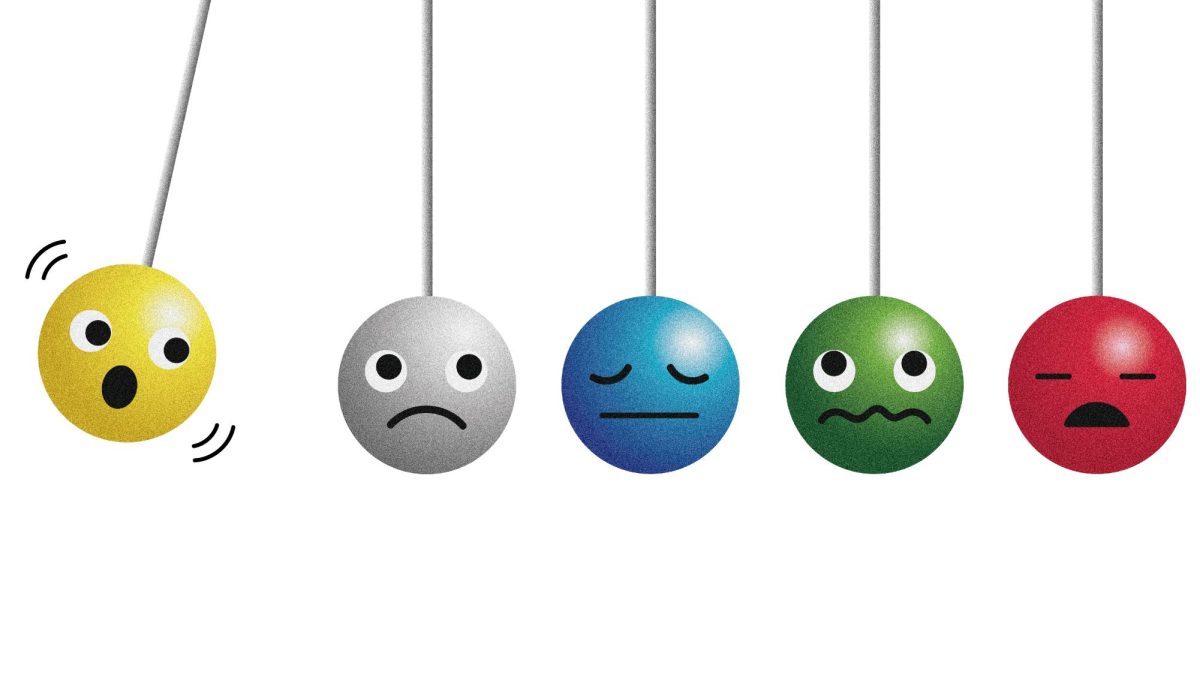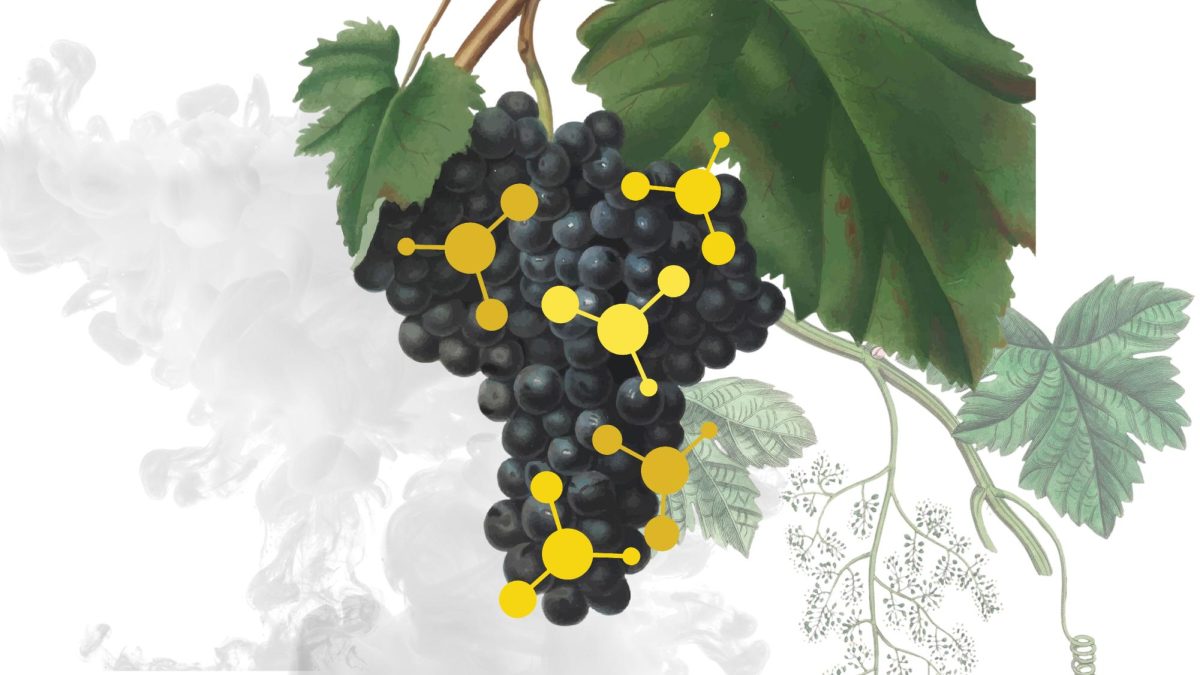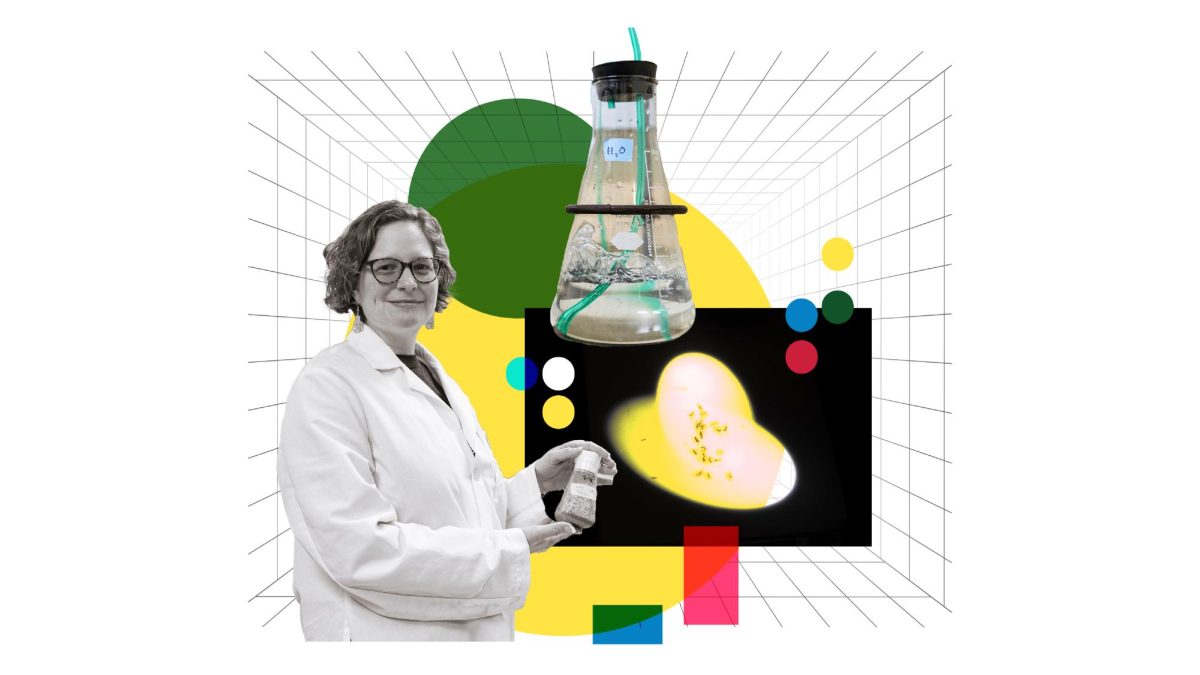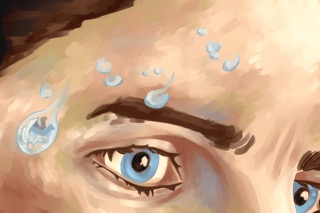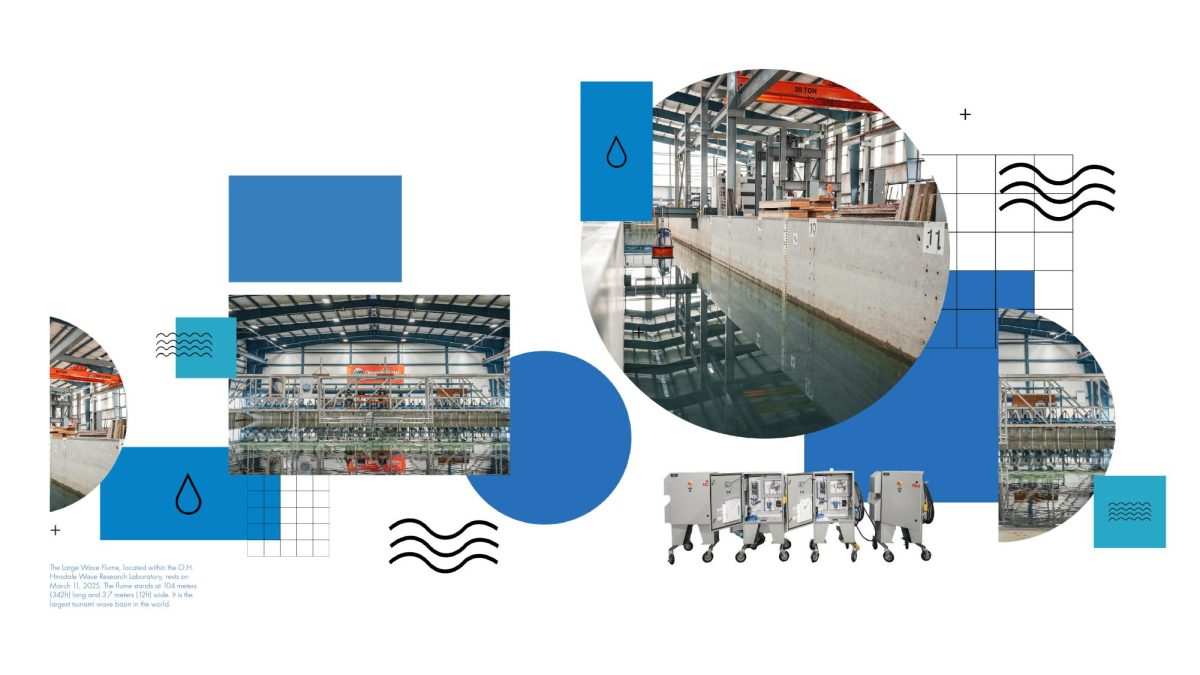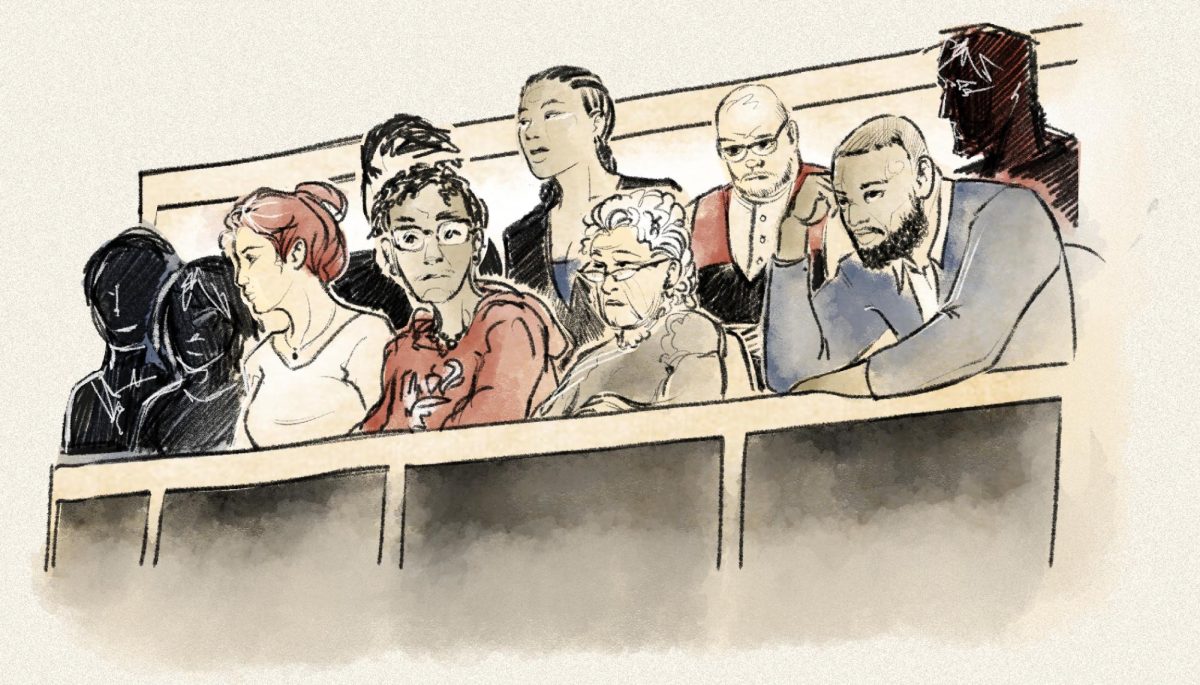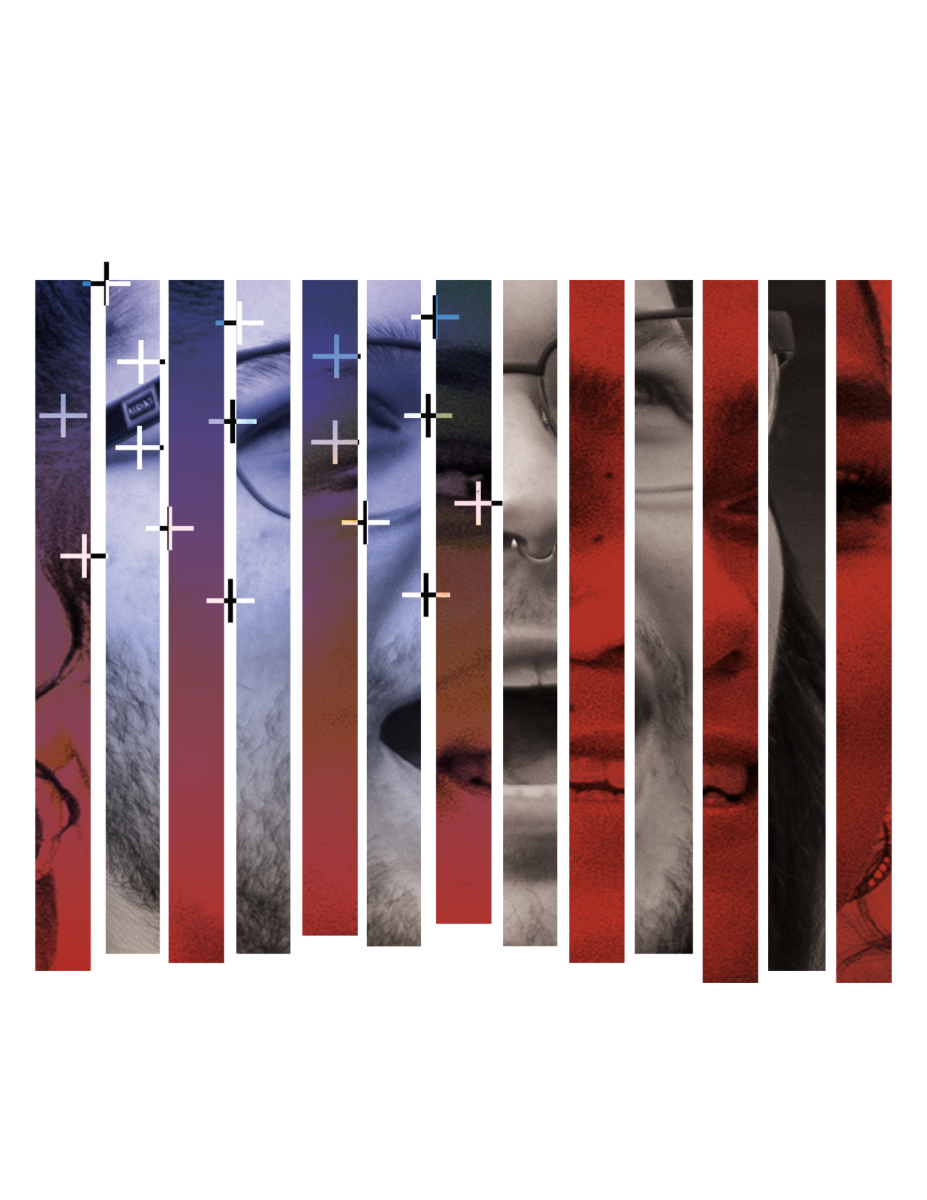In a time of misinformation, when what one thinks is true often comes down to which side of the political divide they ascribe to, it is not always clear who or what to believe.
In the case of climate change, Assistant Professor of Natural Hazards David Wrathall and Assistant Professor of Sociology Shawn Hazboun, here at Oregon State University suggest you trust the science.
However, there are several myths and a load of misinformation about climate change that they think should be debunked. Here are some of the main myths prevalent in the anti-climate change camp:
Climate change is a myth.
This seems to be the most prevalent and pervasive myth of them all.
According to Wrathall, the biggest reason for the persistence of this myth has to do with what Bruno Latour called the social construction of knowledge.
“The way that [Latour] talked about knowledge is that whether a statement is believed or not has more to do with its construction than its veracity or its truth,” Wrathall said. “The way that a piece of information is constructed, vastly determines whether we’re going to believe it or not.”
Wrathall continued by saying that if you understand where the science of climate change comes from, specifically from the hundreds of thousands of sensors across the globe and the dozens of climate models built by tens of thousands of people, one is more likely to understand climate change, and thus accept the findings as true.
“By the same token, we can think about the social construction of knowledge, like if you’re a big supporter of the fossil fuel industry,” Wrathall said. “And (if) you support the sorts of institutions that are also supported by the fossil fuel industry, like political parties and media outlets, then you might be less willing to accept the science of climate change.”
Wrathall points to the fossil fuel industry as a source for this myth.
“The myth about climate change is constructed within the fossil fuel industry and within the aligned media landscape within the political landscape that’s also supporting the fossil fuel industry,” Wrathall said.
Hazboun also mentioned how social and cultural divides can affect what one believes about an issue.
“It’s called cultural cognition theory,” Hazboun said. “It starts with the basic premise that humans want to belong; they want to be a part of a group. And when you’re in a cultural group – we all are – we subconsciously want to conform to those groups to feel like we belong.”
Hazboun said that, even if a member of a culture or subculture may believe in climate change, they may be afraid of being seen as an outsider for speaking up on something that is against the grain of that cultural group.
If climate change is real, why is it cold out?
Wrathall said that what scientists are concerned about is the rising temperature of the planet, which comes along with more temperature extremes.
“It will still be cold in the winter, it will still be hot in the summer, but we’re going to get a rising temperature on average, and we’re going to get increased variability,” Wrathall said. “Some places will get much hotter than we’ve ever seen, and there might actually be some places that will become cooler.”
Hazboun points to the January ice storm in Oregon as proof the Earth is warming.
“The last ice storm was because of the polar vortex getting weakened, because the Earth is warming, the super cool air didn’t stay at the poles,” Hazboun said. “It has been kind of wobbling and drifting down into our zones.”
Global warming is caused by natural events, not humans.
“Unequivocal is the word we use,” Wrathall said. “There is not a shred of doubt that the warming we have is associated with human activity.”
Wrathall then explained that scientists have created many computational climate models that, some of which are decades old, are used to simulate the Earth’s climate system.
“One of the things that we can do is set different parameters,” Wrathall said. “And one of the parameters that we can vary is carbon dioxide. When we add in the parameters from burning fossil fuels and others relating to (carbon dioxide), we see the warming that has happened in the last century.”
As a sociologist, Hazboun finds it interesting to see how the debate on climate change has shifted over time.
“When I was a grad student, I remember there being more conflict about climate change and the narrative,” Hazboun said. “The nature of the narrative was more about the debate over whether or not climate change is happening. And now fast forward 15 years, the debate seems to be more about whether or not climate change is human caused or if it is natural.”
Hazboun said that, due to the overwhelming evidence supporting climate change, one cannot simply deny that it is happening, so the argument has shifted in a new direction.
“It seems like most of this political kind of cultural controversy is about if it’s human-caused or not and if we should expend the money to try to fight it and get prepared and reverse it,” Hazboun said.
Scientists are divided on the issue. It’s not settled science.
According to Wrathall, the contrary is most certainly the case.
“More than 97%of the people who are qualified to make the assessment agreed that (carbon dioxide) was causing warming,” Wrathall said. “So if 97% of flight experts told you that your plane is going to crash, would you get on that plane? No.”
With statements from organizations such as the United Nations Intergovernmental Panel on Climate Change, NASA’s website agrees with the 97% figure.
Climate change is a problem for the future.
Wrathall said this belief is bad news because the effects of climate change are cumulative.
“There’s an amount of (carbon dioxide) that’s in our atmosphere that’s not going anywhere,” Wrathall said “We’re only at the very, very beginning.”
Wrathall said you could think about it as an exponential problem.
“From here moving forward, the problem becomes much, much worse and very difficult to reverse,” Wrathall said. “And so it is a problem for the future, but it’s what we do today that determines whether it’s a problem or not for the future. That’s super unfair, that’s an incredible injustice for us to say this is a problem for the future.”
Wrathall said that it’s critical that people understand how essential it is to reduce emissions.
“The other thing to say is that we’ve already locked ourselves with just the emissions on their own,” Wrathall said. “That (carbon dioxide) is going to be in the atmosphere, it’s going to continue to capture radiation.”
Wrathall said that the warming will continue, even if we stopped emitting greenhouse gasses.
“So it’s not only a problem for the future, it’s going to be happening now very, very soon,” Wrathall said. “I mean, we’re only at the very beginning. Now, like this decade, what we do now will determine the course of the next century, and we can really make a huge amount of difference by getting a handle on the problem now.”
It’s too late to stop climate change. There’s nothing we can do to stop it now.
“That’s so fatalistic,” Hazboun said. “There are really smart people working on this.”
Hazboun used an analogy between the work of climate scientists and other fields. to describe why she feels this way.
“Just in the same way that if I develop some terrible illness, I would go to a doctor and I would trust them to figure out what was wrong with me and to prescribe a treatment, because they are experts,” Hazboun said. “That’s just how our society works. We have a division of labor such that everyone can’t be an expert.”
“I have to trust the scientific process and I have to trust them because they are the experts,” Hazboun said.

